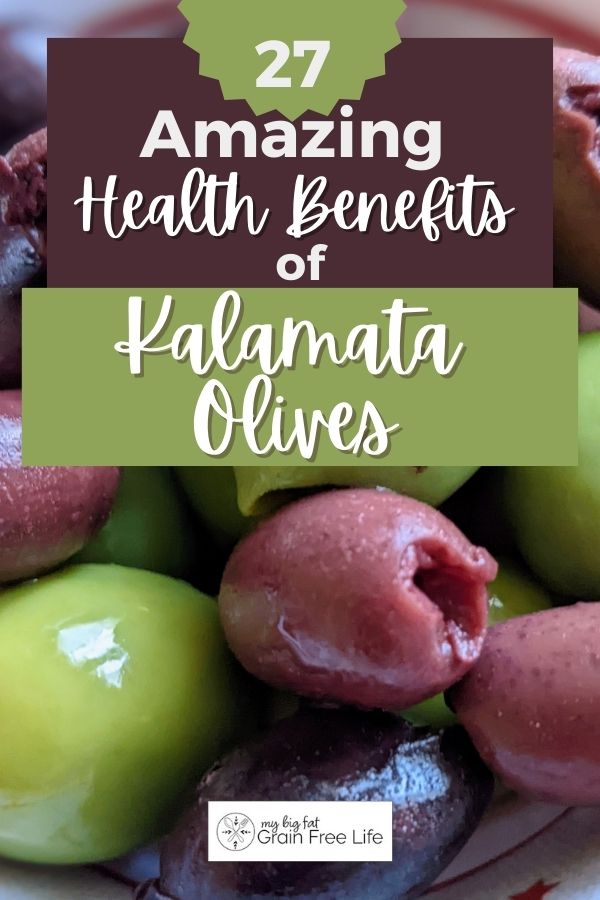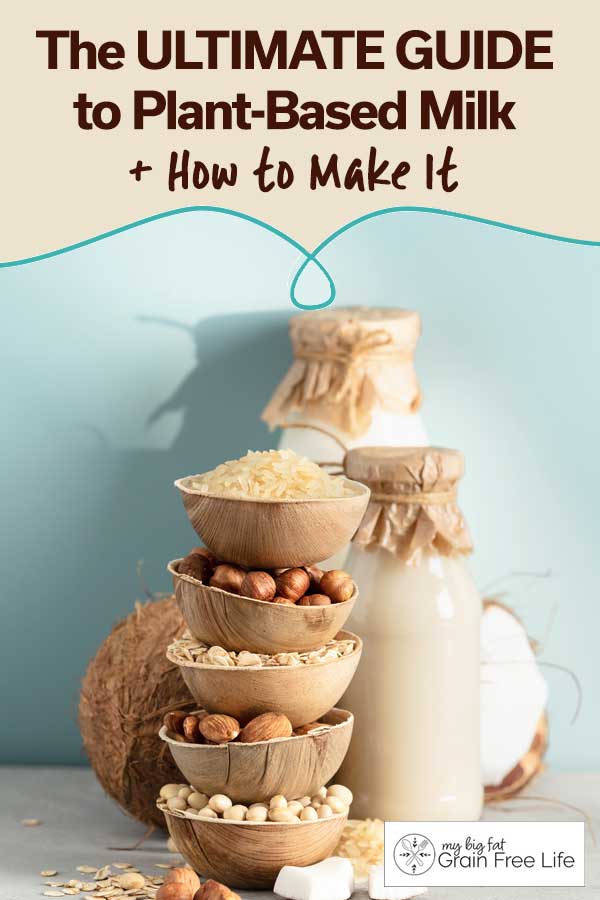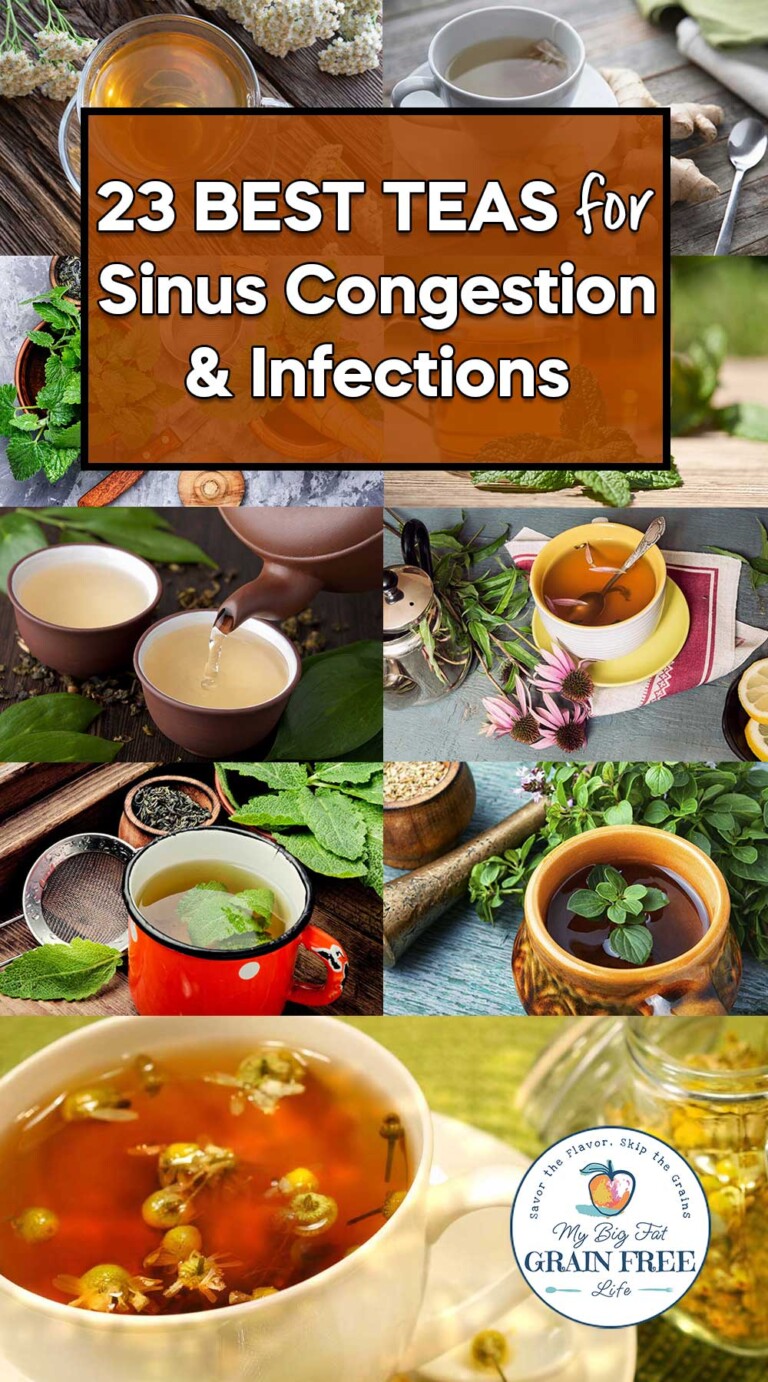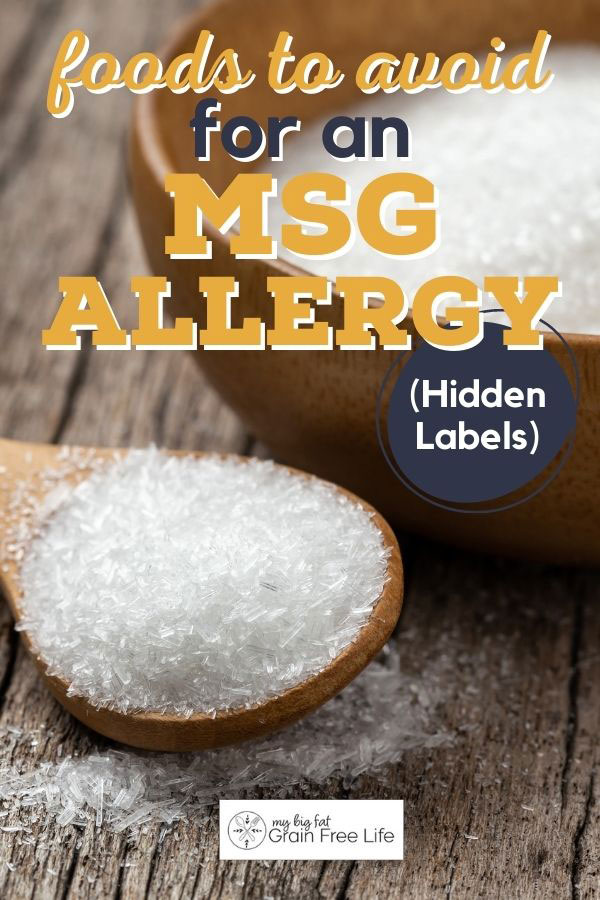What Are Seed Oils? Are They Really Bad for Your Health?
This post may contain affiliate links. If you make purchase after clicking a link, I may receive a commission at no extra cost to you.
Last Updated on April 8, 2024
You’ve likely heard all sorts of talk about seed oils and how they are bad for your health. But what are seed oils and why are they unhealthy? Let’s take a look at the most common types of seed oils, how they are made (which is really important to understand), and why you should consider eliminating them from your diet.

What Are Seed Oils?
Seed oils are a type of vegetable oil derived from the seeds of various plants. They found in a wide range of foods, from salad dressings and condiments to fast foods.
The most common seed oils include canola oil, sunflower oil, soybean oil, cottonseed oil, safflower oil, and grapeseed oil. These oils are often used as cooking oils due to their high smoke point and long shelf life.
Despite common misconceptions, factory-produced seed oils like those from sunflowers, soybeans, rapeseed, and corn aren’t beneficial to our heart health or overall well-being. On the contrary, these oils could be detrimental to our health.
Keep reading to learn more.

List of Seed Oils
In contrast to age-old fats like avocado oil, olive oil, coconut oil, butter, ghee, and lard, the introduction of industrial seed oils into our food consumption is a fairly new development. To cut down on costs of processed foods, seed oils are often used instead of the healthier oils.
It’s important to know what you are consuming so you can make the best choices.
Canola Oil
This oil is derived from the seeds of the canola plant, a type of rapeseed (it’s also called rapeseed oil). It’s produced through crushing and heating the seeds, followed by refining to remove impurities.
Its high omega-6 fatty acid content may contribute to inflammation if consumed in excess.
Corn Oil
Extracted from the germ of corn kernels, corn oil is made using an expeller-press method or solvent extraction. It’s commonly used for frying due to its high smoke point.
On the downside, it’s high in polyunsaturated fats which can raise bad cholesterol levels when consumed excessively.
Cottonseed Oil
This oil is derived from cotton plant seeds and is usually produced through mechanical pressing or solvent extraction. Due to its neutral taste, it’s often used in processed foods and margarine.
It’s high in omega-6 fatty acids and low in omega-3s, potentially leading to an imbalance that promotes inflammation.
Grapeseed Oil
Made from the seeds of wine grapes through cold pressing or solvent extraction, grapeseed oil is light and has a mild flavor. It’s often used in cooking and cosmetic products.
Grapseed oil is high polyunsaturated fat content and may increase heart disease risk if consumed excessively. It’s also often processed using solvents like hexane, which may leave harmful residues.
Rice Bran Oil
Derived from the outer layer (bran) of rice grains, this oil is produced through physical squeezing or solvent extraction. Some concerns include potential arsenic contamination from the bran.
Safflower Oil
This oil comes from safflower seeds and is produced via expeller pressing or chemical extraction. Safflower seeds are the seeds of the safflower plant, a thistle-like plant that is widely grown for its oil. It’s often used in cooking, salad dressings, and vinaigrettes due to its neutral flavor.
Though rich in monounsaturated fats, it’s also high in omega-6 fatty acids which can be inflammatory.
Soy Oil
Extracted from soybeans, this oil is made through cracking the beans, adjusting for moisture content, rolling into flakes, and solvent extraction. It’s widely used in processed foods and frying.
Its high omega-6 to omega-3 ratio may contribute to inflammation and heart disease.
Sunflower Oil
Derived from sunflower seeds, this oil is produced via mechanical pressing or chemical extraction. It’s often used for frying and baking due to its light taste. Its high vitamin E content is beneficial, but its excessive omega-6 fatty acids can be problematic.
Peanut Oil
Made from peanuts using hydraulic or continuous screw pressing, peanut oil has a strong flavor that complements Asian cuisines well. It’s ideal for deep-frying due to its high smoke point.
It should be consumed moderately due to its high calorie content.
Flaxseed Oil
Flaxseed oil is derived from the seeds of the flax plant and is a rich source of Omega-3 fatty acids, specifically alpha-linolenic acid (ALA). It’s typically cold-pressed to preserve its nutritional content.
Common uses include salad dressings and smoothies, but it should not be used for cooking due to its low smoke point. Excessive consumption can lead to loose stools or diarrhea.
Sesame Oil
Extracted from sesame seeds, this oil is known for its potent flavor and high antioxidant content. The seeds are often toasted before pressing, which enhances the flavor.
It’s widely used in Asian cuisine for stir-frying and seasoning. However, it contains a high amount of omega-6 fatty acids, which can contribute to inflammation if consumed in excess.
Pumpkin Seed Oil
Pumpkin seed oil is rich in antioxidants and beneficial fatty acids. It’s usually cold-pressed from pumpkin seeds and has a strong flavor that works well in salads, pasta, and bread.
Overconsumption may lead to indigestion or stomach upset.
Hemp Seed Oil
Derived from hemp seeds, this oil boasts a balanced ratio of omega-6 to omega-3 fatty acids and is also rich in Vitamin E. It’s made by cold-pressing hemp seeds and is best used raw in dishes like salads or smoothies.
It may interact with blood thinning medications, so it’s advised to consult a healthcare professional before incorporating it into your diet if you’re on such medications.

How Seed Oils Are Made
The journey from plant to plate for industrial seed oils is far from organic. Oils harvested from seeds undergo a rigorous process of refinement, bleaching, and deodorization. That alone should raise the red warning flags to steer clear of seed oils!
Here’s how it works:
- The process begins by gathering seeds from the relevant plants, including sunflower, corn, cotton, safflower, soy, and rapeseed, etc.
- These collected seeds are then exposed to high temperatures, causing the unsaturated fatty acids contained within them to oxidize.
- To maximize oil yield, these heated seeds are processed with a petroleum-derived solvent such as hexane.
- Subsequently, the oils that have been extracted – which possess an undesirable smell – are subjected to a chemical deodorization procedure. A byproduct of this process is the creation of trans fats, which are well-known for their negative impact on human health.
- The final stage involves the addition of more chemicals to enhance the color of these industrial seed oils.
Reasons to Avoid Seed Oils
Despite their widespread use, there are several reasons to avoid seed oils. As you read above, the seeds are most commonly GMO to start with, then they’re subjected to high temperatures, petroleum-derived solvents, chemical deodorization, followed by more chemicals to enhance the color.
It’s no wonder why we should be avoiding seed oils! In case you’re not convinced, here are some more reasons why avoiding seed oils is a good idea:
- High in Omega-6 Fatty Acids: Seed oils contain high amounts of omega-6 fatty acids, which when consumed in excess can lead to inflammation and related health issues.
- Low in Omega-3 Fatty Acids: They lack sufficient omega-3 fatty acids which are essential for heart health and balancing the effects of omega-6.
- Oxidative Stress: Seed oils are prone to oxidation which can cause harmful free radicals, leading to oxidative stress and potential cell damage.
- Increased Risk of Heart Disease: The imbalance of fatty acids in seed oils may contribute to an increased risk of heart disease.
- Highly Processed: Seed oils undergo heavy processing which strips away their natural nutrients and can introduce harmful chemicals.
- May Contain Trans Fats: Some seed oils may contain trans fats, known to increase bad cholesterol levels and decrease good cholesterol levels.
- Can Lead to Weight Gain: Due to their high caloric content, excessive consumption of seed oils can lead to weight gain.
- Poor Cooking Stability: Seed oils have low smoke points making them unsuitable for high heat cooking, leading to the formation of harmful compounds.
- Promotes Inflammation: The high omega-6 content in seed oils can promote chronic inflammation when consumed excessively.
- Contributes to Insulin Resistance: Overconsumption of seed oils could potentially contribute to insulin resistance, a precursor to type 2 diabetes.
- Risk of Hormonal Imbalance: Excessive intake of seed oils may disrupt the balance of hormones in the body.
- May Affect Liver Health: Overconsumption of seed oils has been linked with non-alcoholic fatty liver disease.
- Lack of Essential Nutrients: Compared to other oil options like olive or coconut oil, seed oils generally lack essential nutrients.

Foods That Often Contain Seed Oils
Seed oils are commonly found in ultra-processed foods, including salad dressings, French fries, and other fast foods. They are also used in many baked goods and snacks available in grocery stores.
Here are common sources for seed oils, so be sure to check labels.
- Mayonnaise (Personally, I use mayo made with avocado oil.)
- Margarine (Grass-fed butter is a better choice!)
- Fast Food Items
- Salad Dressings (It’s best to make homemade vinaigrettes and salad dressings.)
- Baked Goods (The only boxed baked goods I trust is from Simple Mills.)
- Fried Foods (I prefer to fry foods in coconut oil because of the high smoke point)
- Packaged Snacks
- Non-Dairy Creamers (I use a natural sweetener and plant-based milk instead.)
- Processed Meats
- Frozen Meals
Better Oils to Choose
For a healthier alternative, consider choosing oils with a higher proportion of monounsaturated fats like avocado oil and extra-virgin olive oil. Coconut oil is another option, although it should be consumed in small amounts due to its high saturated fat content.
Animal fats from grass-fed sources can also be a good choice, especially for high-heat cooking, such as grass-fed butter and ghee.
Avocado Oil
Known for its high concentration of monounsaturated fats, avocado oil is beneficial in reducing inflammation and improving heart health. It’s also rich in lutein, an antioxidant that supports eye health.
With a subtle, buttery flavor, it enhances the taste of dishes without overpowering them. Its high smoke point of around 520°F (270°C) makes it perfect for high-heat cooking methods like frying and sautéing.
Extra-Virgin Olive Oil
Extra-virgin olive oil is packed with antioxidants and monounsaturated fats, contributing to lower levels of heart disease and cholesterol. It has a robust, fruity flavor that can enhance salads, pastas, and breads.
It has a smoke point around 375°F (190°C), making it more suitable for low to medium heat cooking.
Coconut Oil
Rich in medium-chain triglycerides (MCTs), coconut oil can aid in weight loss and increase energy expenditure. It’s known for its sweet, tropical flavor that adds a unique taste to dishes.
Unrefined coconut oil is characterized by a strong coconut taste and aroma, and it can withstand heat up to 350°. Refined coconut oil offers a more subdued flavor and can endure higher temperatures, up to 400°.
Grass-Fed Butter
Grass-fed butter is high in omega-3 fatty acids, which are essential for brain function and reducing inflammation. It also contains a good amount of vitamin A. With a rich and creamy flavor, it can enhance the taste of many dishes.
It has a relatively low smoke point of around 300°F (150°C), so it’s best used in baking or low-heat cooking.
Ghee
Ghee is clarified butter that’s high in fat-soluble vitamins A, E, and K2. It has been linked to decreased inflammation and increased heart health due to its high concentration of butyrate. It imparts a nutty, caramel-like flavor to dishes.
With a high smoke point of 485°F (250°C), ghee is excellent for frying, roasting, and sautéing.
Also See: Avocado Oil Vs Coconut Oil and Expeller Pressed Vs Cold Pressed Coconut Oil
More Questions About Seed Oils
All the talk about seed oils can be confusing. They are used in so many processed foods and even found in “healthy” organic products. Here are some common questions people wonder about seed oils.
How Much Fat Is In Seed Oils?
Seed oils are 100% fat, but the type of fat varies. They contain a mix of monounsaturated fats, polyunsaturated fats (including essential fatty acids linoleic acid and alpha-linolenic acid), and smaller amounts of saturated fats.
Are Seed Oils Inflammatory?
Yes, some seed oils can contribute to chronic inflammation in the human body. This is primarily due to their high levels of omega-6 fats and low levels of omega-3 fats, an imbalance that has been associated with inflammation and related health issues.
Is Olive Oil Considered a Seed Oil?
No, olive oil is not considered a seed oil. It is derived from the fruit of the olive tree rather than from seeds.
Is Avocado Oil Considered a Seed Oil?
No, avocado oil is not considered a seed oil. Like olive oil, it is extracted from the fruit rather than the seed.
What is the Number One Healthiest Oil?
Extra virgin olive oil is often considered the healthiest due to its high content of monounsaturated fats and antioxidants. It’s also stable under heat, making it suitable for various cooking methods.
Resource Links
- https://www.bmj.com/content/353/bmj.i1512/rr-4
- https://www.ncbi.nlm.nih.gov/pmc/articles/PMC6179509/
- https://www.ncbi.nlm.nih.gov/pmc/articles/PMC6196963/
- https://info.totalwellnesshealth.com/blog/seed-oils-health-hazard
- https://www.nature.com/articles/s41598-017-12624-9
- https://openheart.bmj.com/content/5/2/e000898
- https://news.ucr.edu/articles/2023/07/03/widely-consumed-vegetable-oil-leads-unhealthy-gut
- https://pubmed.ncbi.nlm.nih.gov/11558638/
- https://extension.psu.edu/processing-edible-oils
- https://repprovisions.com/blogs/rep-provisions-blog/7-reasons-seed-oils-are-bad-for-your-health








